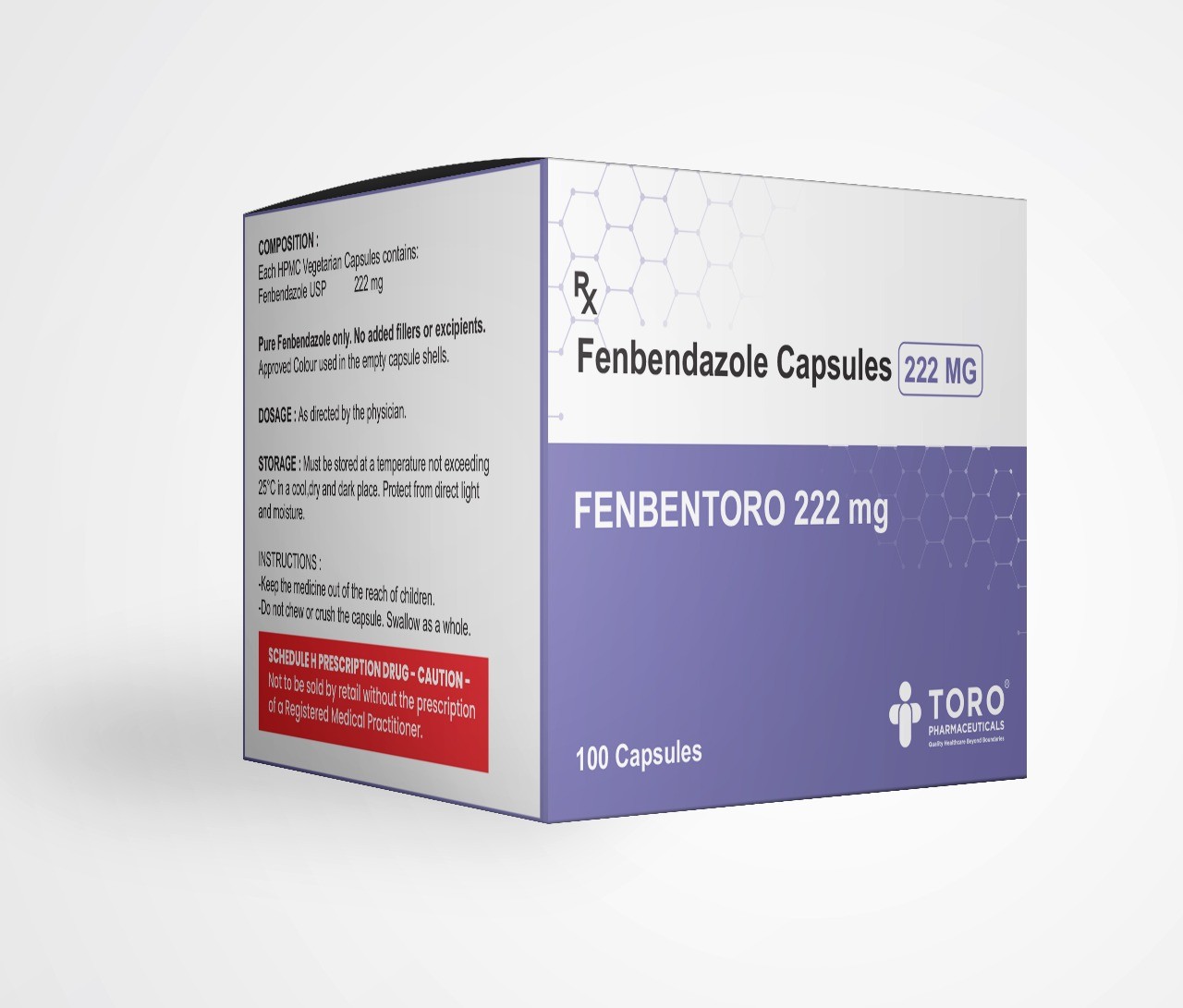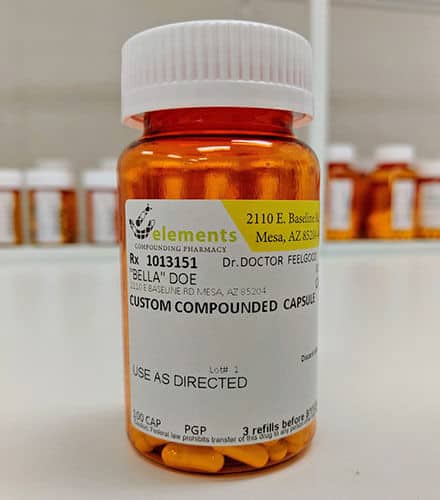fenbendazole 444: Important Answers for Owners
Wiki Article
Recognizing the Conveniences and Uses of Fenbendazole in Veterinary Medication
Fenbendazole has actually established itself as a vital anthelmintic in veterinary medicine. Its capacity to target different parasitic infections makes it an important device for vets. The medication's mechanism disrupts vital cellular procedures in parasites, causing effective therapy outcomes. Its safety and security account varies between varieties, requiring careful factor to consider in its usage (fenbendazole capsules). Comprehending these characteristics can shed light on fenbendazole's more comprehensive ramifications in vet treatment and continuous research right into its prospective past standard applicationsMechanism of Action of Fenbendazole

Common Parasitical Infections Treated With Fenbendazole
A variety of parasitic infections are successfully treated with fenbendazole, making it a versatile alternative in veterinary medicine. This anthelmintic agent is especially effective against nematodes, consisting of roundworms and hookworms, which typically impact dogs and pet cats. It is likewise utilized for the therapy of cestodes, such as tapeworms, offering a broad spectrum of activity versus both kinds of intestinal parasites. Additionally, fenbendazole is valuable in handling infections triggered by protozoa, especially Giardia, which can lead to stomach distress in pets. Its efficacy reaches dealing with particular lungworms in dogs and felines, attending to respiratory health problems linked to these bloodsuckers. Overall, fenbendazole's capacity to target numerous parasitical species makes it a beneficial tool in vet method, guaranteeing the wellness and well-being of pet dogs affected by these common infections.Safety and security and Efficacy in Various Pet Variety
The safety and security and efficiency of fenbendazole differ amongst various animal varieties, underscoring the value of species-specific factors to consider in vet medication. In pooches, fenbendazole is normally well-tolerated and efficient against a variety of gastrointestinal parasites, including roundworms and hookworms. For felines, nonetheless, its usage is much less usual and might call for careful application as a result of possible negative reactions.In animals, such as livestock and sheep, fenbendazole shows performance against numerous endoparasites, adding to boosted health and wellness and efficiency. The pharmacokinetics and possible side results can vary significantly between types, necessitating mindful analysis by vets.
Horses additionally react favorably to fenbendazole, especially for dealing with strongyles and ascarids, though dose and management routes should be tailored to their distinct physiology. Consequently, comprehending these differences is vital for maximizing treatment outcomes and ensuring pet well-being across diverse types.
Administration and Dose Guidelines
Correct administration and dose standards are vital for taking full advantage of the therapeutic impacts of fenbendazole while minimizing potential negative effects. The dosage commonly varies relying on the varieties being treated, the particular condition, and the formulation of fenbendazole made use of. fenbendazole capsules. For pets and pet cats, an usual dose is 50 mg/kg body weight, provided when daily for 3 successive days, yet veterinarians might readjust this based upon specific wellness assessmentsIt is very important to carry out fenbendazole with food to boost absorption and minimize gastrointestinal upset. The medicine is offered in different types, including granules and paste, enabling for adaptable management alternatives. Checking the animal's action during and after therapy is a good idea to validate efficacy and safety. In addition, vet advice is important to establish click site the ideal duration of therapy based on the kind of parasitical infection being dealt with, guaranteeing perfect end results for the pet's wellness.
Future Viewpoints and Research Study on Fenbendazole
Research study on fenbendazole remains to advance, focusing on its prospective applications past standard antiparasitic uses. Recent researches have discovered its effectiveness in dealing with different forms of cancer cells, particularly in veterinary oncology. Preliminary information suggest that fenbendazole might prevent the development of lump cells and enhance the results of other chemotherapeutic representatives.Moreover, scientists are examining its duty in taking care of food poisonings in animals, highlighting its anti-inflammatory residential or commercial properties. The adaptability visit our website of fenbendazole for various types increases concerns about its safety and security profiles and excellent application programs in varied populations.
As rate of interest grows, there is a demand for detailed scientific tests to establish evidence-based standards for these unique applications. Future research might likewise explore the mechanisms behind fenbendazole's results, possibly leading the way for cutting-edge therapeutic approaches in vet medication. The continuous exploration of fenbendazole might greatly improve treatment options for numerous veterinary problems.

Regularly Asked Inquiries
Is Fenbendazole Safe for Pregnant Animals?
The safety and security of fenbendazole for expecting pets stays unpredictable. While some studies recommend very little danger, vets typically advise care and typically discourage its usage during pregnancy unless the advantages plainly surpass possible dangers.Can Fenbendazole Be Utilized in Livestock?
Fenbendazole is frequently utilized in animals to treat various parasitical infections. fenbendazole. Its efficiency against stomach worms makes it a valuable anthelmintic, contributing to improved wellness and performance in animals raised for food and fiberWhat Are the Adverse Effects of Fenbendazole?

The negative effects of fenbendazole may include stomach disruptions, lethargy, and allergies. In uncommon cases, more extreme responses can occur, demanding mindful monitoring my company and assessment with a veterinarian during therapy.
Exactly How Does Fenbendazole Compare to Other Dewormers?
Fenbendazole supplies broad-spectrum efficacy against various parasites, typically contrasting positively to other dewormers. Its unique mechanism targets various life stages, making it effective, while normally providing a positive security profile compared to choices readily available on the market.Can Fenbendazole Be Used for Dealing With Cancer in Pets?
The capacity of fenbendazole in dealing with cancer in family pets has garnered rate of interest. Initial studies recommend it might inhibit cancer cell development, yet further research study is necessary to confirm its efficiency and security in veterinary oncology.Report this wiki page